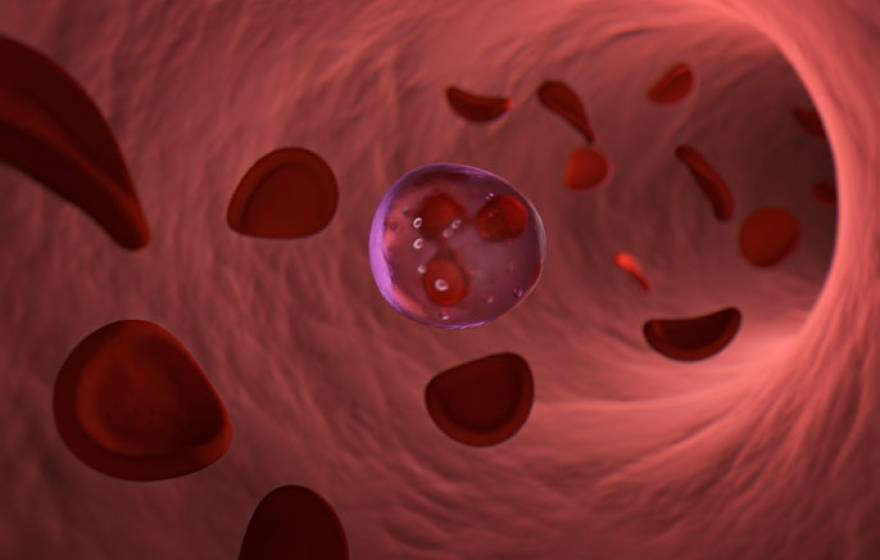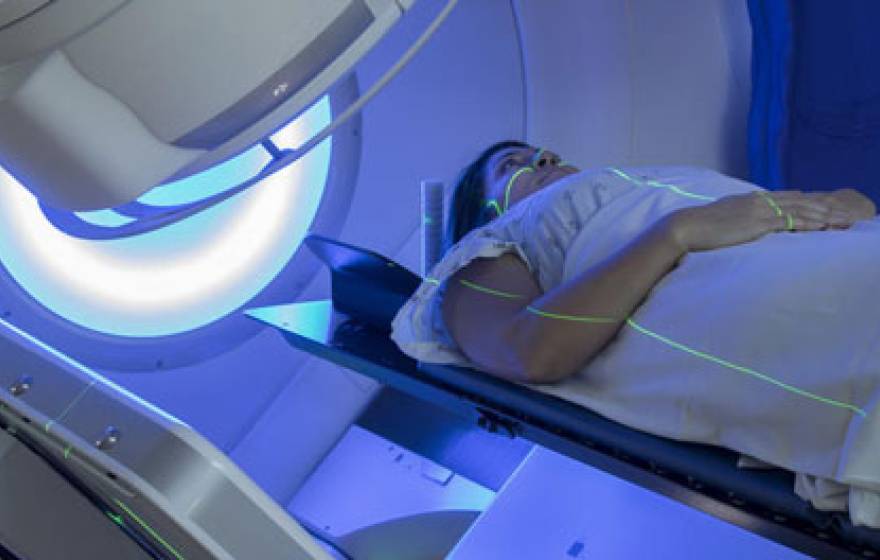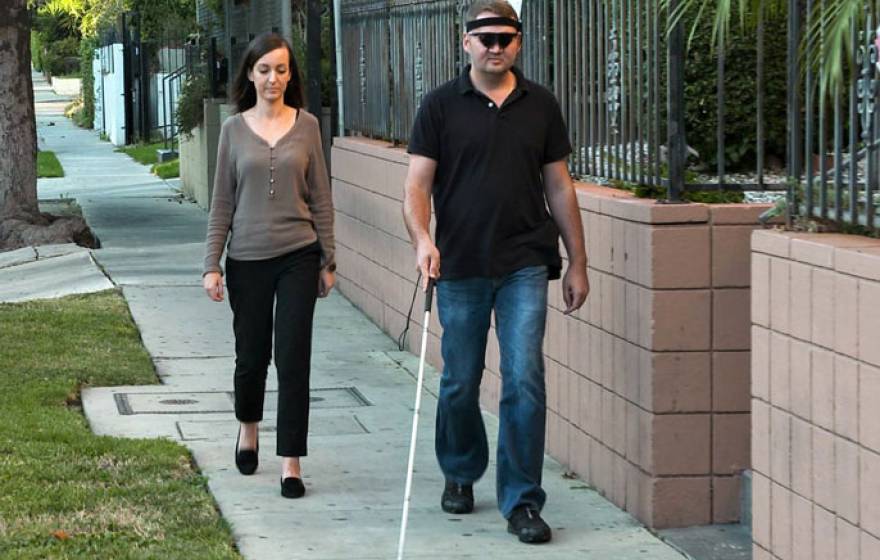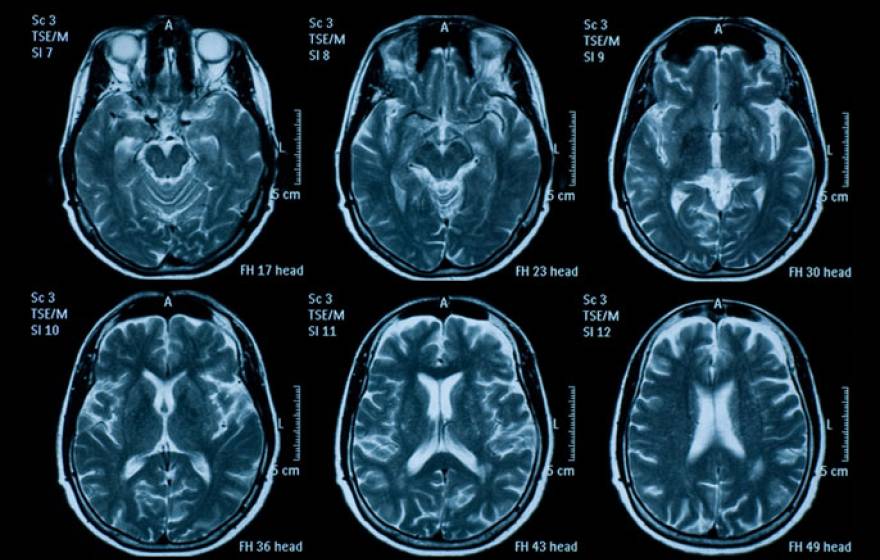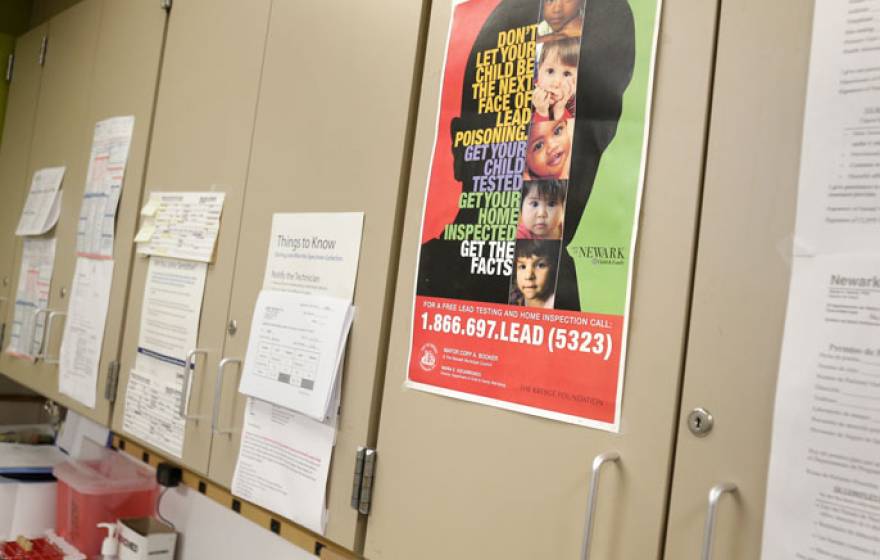UC Irvine alum Rene Amel Peralta wants to serve his community as a physician. That dream will be in jeopardy if the DACA program ends.
Using stimulants to cram for exams ruins sleep and doesn't help test scores
Students looking to gain an academic edge by taking Adderall and other stimulants will find it backfires.
A new use for Viagra
The famed pill could help mobilize blood-forming stem cells for bone marrow transplant collection.
Research to focus on small molecule that can help fight breast cancer
The goal is to bring to the clinic a novel compound to selectively destroy breast cancer cells.
Cooking food alters the microbiome
Whether food is cooked or raw has a distinct effect on gut microbes, researchers find.
A breath test for opioids
UC Davis and Lawrence Livermore Lab researchers have developed a new method for detecting opioids.
Dyslexia, other learning challenges are focus of new $20M initiative
UCSF and UC Berkeley join forces to understand dyslexia and other specific neurodevelopmental differences that impact learning.
Brain implant restores visual perception to the blind
People without sight can detect motion, distinguish light and dark with a new wireless device.
Medical scanning rates continue to rise despite health risks
CT scans deliver far higher doses of radiation than traditional X-rays, a factor patients should consider, researchers say.
New hope for people who stutter
A new clinical trial shows the medication ecopipam shortened stuttering episodes and increased speech fluency.
Prenatal pesticide exposure linked to changes in teen’s brain activity
New study is one of the first to use advanced brain imaging to reveal how exposure to these chemicals changes the brain.
How to address America’s lead crisis and provide safe drinking water for all
Newark is the latest U.S. city to struggle with high lead levels in drinking water. We can end this crisis.


